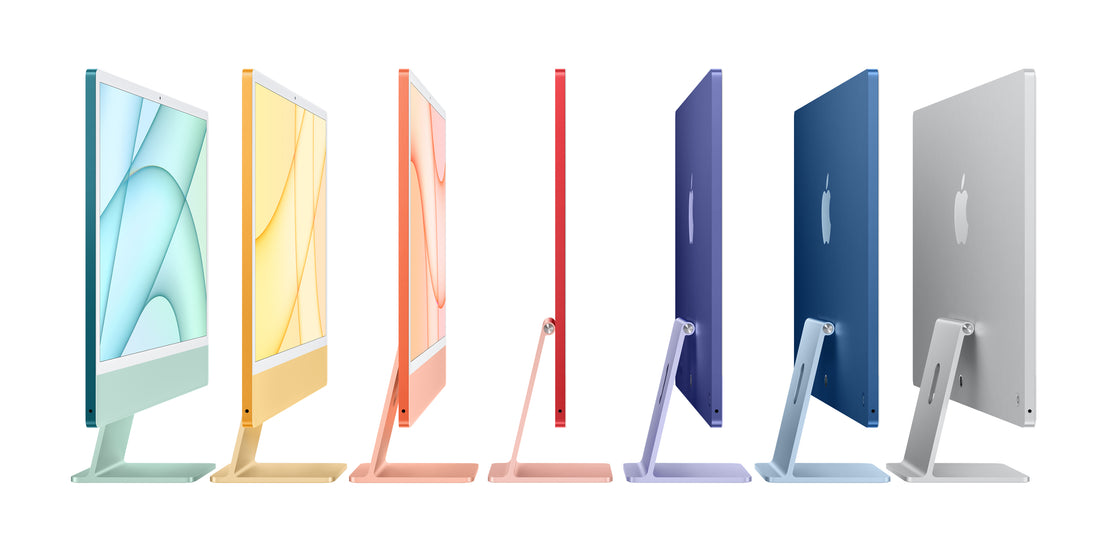
Desktop PCs: The Ultimate Guide
Clarence ANTONMERYLDesktop PCs have been a staple in the world of computing for decades. From the early days of large, clunky boxes to sleek, modern designs, desktops have evolved to meet the needs of users of all kinds. With the rise of mobile solutions like laptops and tablets, some may question the relevance of desktops. However, as we'll see in this guide, desktops continue to offer a unique blend of power, stability, and flexibility that make them an essential tool for many users.
Styles and Capabilities
Desktop PCs come in a wide range of styles and capabilities. From compact designs to full-sized towers, there is a desktop to fit every need. For example, all-in-one desktops like the Apple iMac offer a streamlined design that combines the computer and display into a single unit. These are great for users who want a simple setup and don't need the ability to upgrade components over time.
On the other hand, tower desktops like the HP EliteDesk offer more flexibility in terms of customization and expansion. These desktops can be easily upgraded with additional RAM, storage, and graphics cards, making them a great choice for power users who need a system that can handle intensive tasks like video editing or gaming.
Performance
Desktop PCs are known for their superior performance compared to laptops and tablets. This is due to several factors, including larger cooling systems that allow for higher clock speeds, larger power supplies that can handle more demanding components, and the ability to add more RAM and storage.
For users who need the ultimate in performance, there are desktop workstations like the Dell Precision that offer cutting-edge processors, high-capacity hard drives, and ample, high-end memory. These workstations are designed for tasks like 3D modeling, CAD, and scientific simulations.
Ease of Use
Desktop PCs are generally considered easier to use than laptops and tablets due to their larger displays, full-sized keyboards, and ergonomic mice. This makes them a great choice for users who spend long hours working at a computer, as they offer a more comfortable and efficient work environment.
Additionally, desktops are less prone to overheating than laptops, which can result in slower performance and reduced lifespan. This means that desktops are more reliable and require less maintenance over time, making them a cost-effective solution in the long run.
Conclusion
Desktop PCs may not be as mobile as laptops and tablets, but they offer a unique set of benefits that make them a great choice for many users. With a wide range of styles and capabilities, superior performance, and ease of use, desktops remain an essential tool for professionals, gamers, and casual users alike. Whether you're looking for a simple all-in-one desktop or a high-performance workstation, there is a desktop PC that can meet your needs.